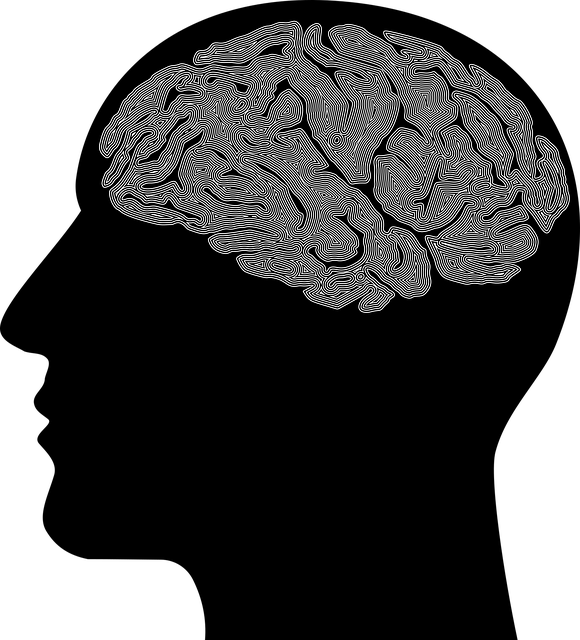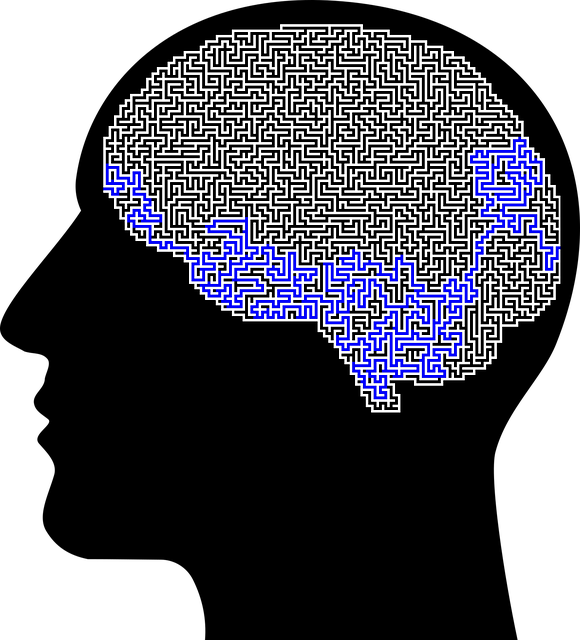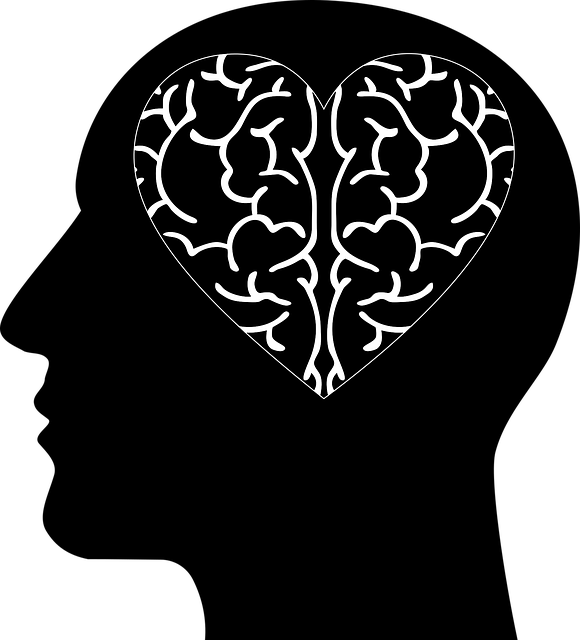Stress is a significant challenge for young adults, manifesting in physical and emotional issues, including sexual dysfunction. Mindfulness meditation and Cognitive Behavioral Therapy (CBT) are effective management strategies, reducing stress and anxiety. Combining these with education and practical techniques like journaling and exercise fosters resilience. A supportive environment, encouraging open communication and empathy, is key to teaching these skills, especially for sexual health issues. This holistic approach empowers young adults to navigate adulthood challenges and improve their overall well-being, addressing concerns related to therapy for young adults' sexual dysfunction.
Stress management is a vital skill, especially for young adults navigating today’s challenges. This article delves into the multifaceted aspect of stress, its profound impact on this demographic, and offers practical solutions. We explore the intricate link between stress and sexual dysfunction in young adults, highlighting the need for comprehensive care. Through an analysis of effective therapy approaches, we provide insights into fostering resilience and promoting well-being. Additionally, it offers strategies for creating supportive environments, emphasizing the importance of learning and growth in managing stress effectively, including key considerations for therapists addressing sexual dysfunction in this population.
- Understanding Stress and Its Impact on Young Adults
- Identifying the Connection Between Stress and Sexual Dysfunction
- Exploring Effective Therapy Approaches for Stress Management
- Practical Techniques to Foster Resiliency in Young Adults
- Building a Supportive Environment for Learning and Growth
Understanding Stress and Its Impact on Young Adults

Stress is a prevalent issue among young adults, impacting their overall well-being and daily functioning. This demographic often faces unique challenges that contribute to elevated stress levels, such as academic pressures, financial constraints, and social expectations. Understanding the root causes of stress is essential in developing effective management strategies tailored to this age group.
For many young adults, stress can manifest in various ways, including physical symptoms like headaches or fatigue, emotional turmoil, and even sexual dysfunction. Issues like depression prevention become increasingly important as chronic stress can escalate into more severe mental health concerns. However, there are proven techniques to promote emotional well-being, such as mindfulness meditation, which has been shown to reduce stress and anxiety. By incorporating these practices into their lives, young adults can better navigate the challenges of adulthood and foster resilience.
Identifying the Connection Between Stress and Sexual Dysfunction

Stress and sexual dysfunction are interconnected aspects that often go unnoticed. For young adults navigating life’s challenges, managing stress is a vital component of overall well-being. Therapy for sexual dysfunction in this demographic frequently reveals underlying stress issues. High levels of stress can lead to physical and emotional changes that negatively impact sexual function and desire. This relationship is particularly significant in addressing sexual dysfunctions like low libido or erectile difficulties.
By integrating confidence-boosting techniques, mindfulness meditation, and mental illness stigma reduction efforts, therapists can effectively help young adults understand and manage their stress. These approaches not only enhance overall mental health but also contribute to improving sexual experiences and relationships. Understanding this connection empowers individuals to prioritize self-care, ensuring a healthier and more fulfilling life.
Exploring Effective Therapy Approaches for Stress Management

In today’s fast-paced world, stress management has become an essential aspect of maintaining overall well-being, particularly for young adults navigating their personal and professional lives. Exploring effective therapy approaches is a proactive step towards mitigating stress-related issues. Cognitive Behavioral Therapy (CBT), for instance, equips individuals with tools to identify and challenge negative thought patterns, fostering healthier coping mechanisms. This evidence-based method has proven successful in treating various mental health concerns, including anxiety and depression, which often accompany chronic stress.
Integrating Mind Over Matter principles within therapy sessions encourages clients to focus on their inner strength and resilience. Stress Management Workshops Organization often design programs that combine CBT with mindfulness practices, such as meditation and deep breathing exercises. These techniques help individuals detach from stressful triggers and cultivate a sense of calm. Additionally, Mental Health Education Programs can benefit from incorporating interactive workshops that teach stress management strategies, empowering young adults to take control of their mental health proactively.
Practical Techniques to Foster Resiliency in Young Adults

Practical techniques to foster resilience in young adults are essential components of their overall mental wellness journey. Encouraging them to keep a Mental Wellness Journal can be an effective way to help process emotions, track progress, and identify triggers. This simple practice allows for self-reflection and promotes better understanding of one’s inner world, much like navigating a complex labyrinth. It’s a powerful tool for building awareness and developing coping strategies.
Additionally, incorporating structured exercise guidance into their routines can significantly enhance resilience. Regular physical activity not only improves overall health but also acts as a form of therapy for young adults dealing with sexual dysfunction, offering a healthy outlet for stress relief. Combining mental wellness journaling with regular exercise can empower individuals to develop inner strength and better manage risks associated with their mental health. This holistic approach ensures they gain valuable tools to navigate life’s challenges head-on.
Building a Supportive Environment for Learning and Growth

Creating a supportive environment is an integral part of teaching effective stress management techniques to young adults. This involves fostering a space where individuals feel safe to explore their emotions and vulnerabilities. Through compassionate cultivation practices, such as active listening and empathy-building exercises, educators can establish a nurturing atmosphere that encourages open communication. By promoting a culture of understanding and non-judgement, students are more likely to share their experiences, including any challenges they may face, like sexual dysfunction, without fear of stigma.
Integrating mindfulness meditation practices into the curriculum is another powerful strategy. These techniques teach individuals to be present and aware of their thoughts and sensations, helping them develop a healthier relationship with stress triggers. Additionally, resilience-building activities can empower young adults to view setbacks as opportunities for growth, thereby enhancing their ability to navigate life’s challenges, including those related to sexual health and well-being.
Stress management is an essential aspect of fostering resilience and well-being among young adults. By understanding the profound impact of stress on this demographic, we can implement effective strategies such as therapy for young adults with sexual dysfunction, practical techniques, and supportive environments to enhance their overall health. The approaches discussed in this article offer a comprehensive guide for educators and professionals to equip young adults with the tools they need to navigate life’s challenges and promote a healthier, more balanced future.














